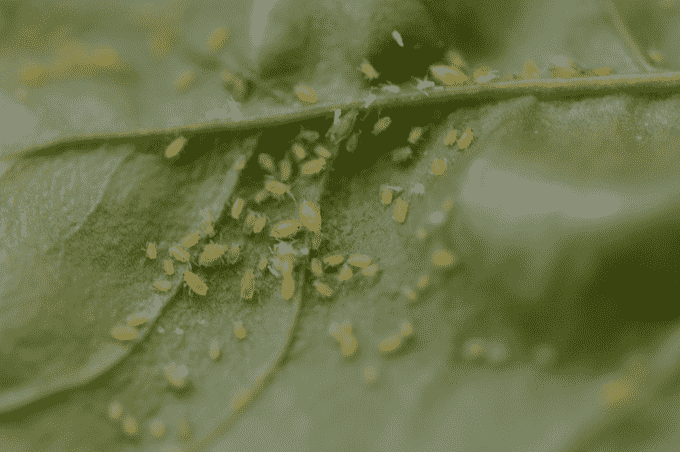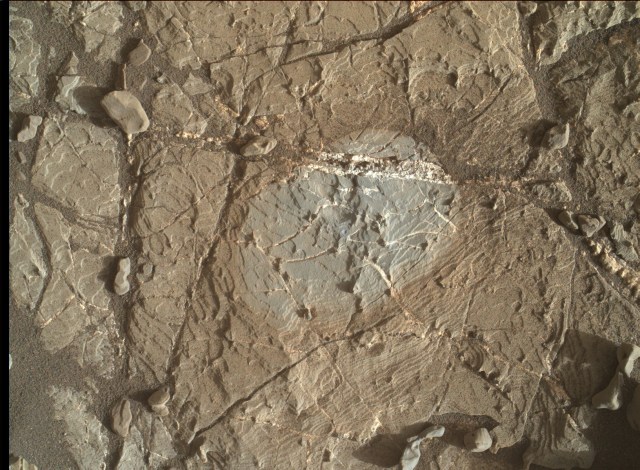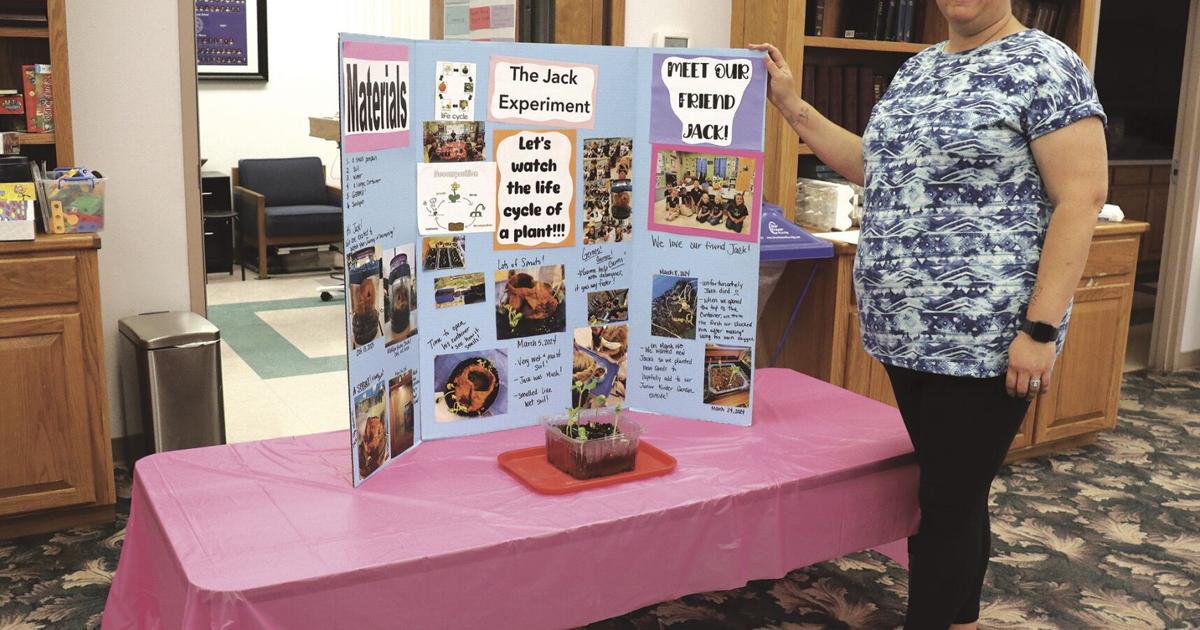
This year, Myzus persicae is arriving very early! “The national average arrival date of aphids is expected to be 28 April, 6 days after 2020 and 4 days before 2023. There is variation between districts with dates ranging from 21 April to 9 May. The error in the model is About ten days, and monitoring should start very early in 2024, as soon as the beets emerge,” the Technical Institute of Beets notes on its website in a memorandum written with the Agricultural Services of Sweets.
“The expected abundance is high, but the uncertainty is high in this estimate that will depend above all on spring temperatures and prevailing winds. As for the duration of aphid flights, it could be 89 days, or 10 days more than last year, which means a relatively long period of Monitoring and protection, especially in the case of delay in seeding, emergence, or gradual vegetative development. »
The correct actions to take
ITB and Sugar Agricultural Services provide monitoring tools and insist on the correct actions to be adopted:
1- Manage viral reservoirs by following the advice in the paper “Preventive treatment for jaundice”.
Preventive management measures must be adopted everywhere and by everyone to be effective. It is important to remove beet regrowth in drill lines and in post-beet crops.
2- Monitor your plots as soon as the beets appear: Go to areas protected from the wind to monitor the arrival of the first aphids.
3- Planting companion plants can limit the access of aphids to the plot of land and their spread, thus completing protection from aphids. To learn more, see the file “Creating Companion Plants to Reduce Aphid Populations in Beets”.






